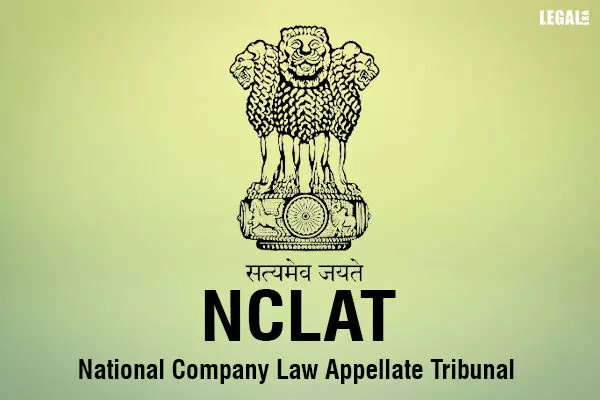- Home
- News
- Articles+
- Aerospace
- AI
- Agriculture
- Alternate Dispute Resolution
- Arbitration & Mediation
- Banking and Finance
- Bankruptcy
- Book Review
- Bribery & Corruption
- Commercial Litigation
- Competition Law
- Conference Reports
- Consumer Products
- Contract
- Corporate Governance
- Corporate Law
- Covid-19
- Cryptocurrency
- Cybersecurity
- Data Protection
- Defence
- Digital Economy
- E-commerce
- Employment Law
- Energy and Natural Resources
- Entertainment and Sports Law
- Environmental Law
- ESG
- FDI
- Food and Beverage
- Gaming
- Health Care
- IBC Diaries
- In Focus
- Inclusion & Diversity
- Insurance Law
- Intellectual Property
- International Law
- IP & Tech Era
- Know the Law
- Labour Laws
- Law & Policy and Regulation
- Litigation
- Litigation Funding
- Manufacturing
- Mergers & Acquisitions
- NFTs
- Privacy
- Private Equity
- Project Finance
- Real Estate
- Risk and Compliance
- Student Corner
- Take On Board
- Tax
- Technology Media and Telecom
- Tributes
- Viewpoint
- Zoom In
- Law Firms
- In-House
- Rankings
- E-Magazine
- Legal Era TV
- Events
- News
- Articles
- Aerospace
- AI
- Agriculture
- Alternate Dispute Resolution
- Arbitration & Mediation
- Banking and Finance
- Bankruptcy
- Book Review
- Bribery & Corruption
- Commercial Litigation
- Competition Law
- Conference Reports
- Consumer Products
- Contract
- Corporate Governance
- Corporate Law
- Covid-19
- Cryptocurrency
- Cybersecurity
- Data Protection
- Defence
- Digital Economy
- E-commerce
- Employment Law
- Energy and Natural Resources
- Entertainment and Sports Law
- Environmental Law
- ESG
- FDI
- Food and Beverage
- Gaming
- Health Care
- IBC Diaries
- In Focus
- Inclusion & Diversity
- Insurance Law
- Intellectual Property
- International Law
- IP & Tech Era
- Know the Law
- Labour Laws
- Law & Policy and Regulation
- Litigation
- Litigation Funding
- Manufacturing
- Mergers & Acquisitions
- NFTs
- Privacy
- Private Equity
- Project Finance
- Real Estate
- Risk and Compliance
- Student Corner
- Take On Board
- Tax
- Technology Media and Telecom
- Tributes
- Viewpoint
- Zoom In
- Law Firms
- In-House
- Rankings
- E-Magazine
- Legal Era TV
- Events
NCLAT: Maintainability Of Section 7 IBC Application Can Be Decided Separately

NCLAT: Maintainability Of Section 7 IBC Application Can Be Decided Separately
The NCLAT New Delhi bench, comprising Justice Ashok Bhushan (Judicial Member) and Mr. Arun Baroka (Technical Member), has ruled that the issue of maintainability of an application under Section 7 of the Insolvency and Bankruptcy Code (IBC) can either be decided separately or alongside other substantive issues.
The appeal was filed by the corporate debtor against an order passed by the NCLT. The respondent had filed an application under Section 7 of the IBC, seeking initiation of the insolvency process against the corporate debtor. The debtor raised objections regarding the maintainability of the application, which the Adjudicating Authority agreed to hear. After both parties submitted their written submissions, the Adjudicating Authority ruled that the application was maintainable.
The appellant contended that in deciding the issue of maintainability, the Adjudicating Authority had prematurely addressed other issues on merit, preventing the appellant from raising these matters in subsequent proceedings.
The respondent argued that the Adjudicating Authority had not erred, as both parties were given sufficient opportunities to present their cases.
The tribunal observed that while the Adjudicating Authority is not obligated to resolve the issue of maintainability separately, it may choose to do so, as was done in the present case.
In this case, the tribunal concluded that justice would be best served by allowing both parties to present arguments on the merits of the case. As a result, while the issue of maintainability was resolved in favor of the applicant, the other issues concerning debt and default would be decided by the Adjudicating Authority on merit, with both parties given an opportunity to present their evidence.
The appeal was accordingly disposed of.



